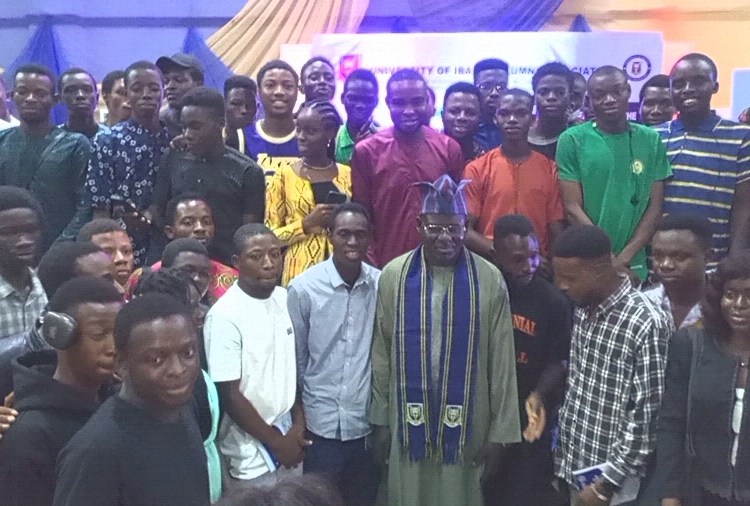
Former Chief of Army Staff, Lt General Tukur Yusufu Buratai has reiterated that public service is a crucial aspect of national security.
Buratai in his paper presented at the 2nd stanza 2023 public lecture organized by the Alumni Association of the University of Ibadan on Friday, November 3rd, 2023 titled Public service and the imperative for National Security in Nigeria, maintained that it is imperative that government invest in, and maintains a competent Public Service to ensure the safety and security of its citizens.
According to him, public servants are responsible for implementing policies and programs that promote peace and stability as well as for delivering essential services such as healthcare, education and infrastructure, and maintaining law and order which are vital to the well-being of the population.
Buratai also opined that the insecurity being faced in the country since 2009 was the creation of the Political class.
He maintained that political interference in military affairs can arise when politicians attempt to influence or control military decisions for their own political gains. This is capable of compromising service personnel, who are also public servants, thereby eroding public service.
“My colleagues and I faced the most political interference during our time. This interference often stems from a lack of understanding of the complexities of military operations, strategy, and the unique challenges faced by military leaders. When politicians impose their own or attemp to micromanage military affairs, it can undermine the effectiveness and autonomy of military leaders.”
Furthermore, political interference can erode the morale and trust within military ranks. When military leaders are constantly subjected to political pressures and demands that do not align with military expertise, it can create a sense of disillusionment among the troops. This can negatively impact their motivation, discipline, and overall effectiveness in carrying out their duties ”
During my tenure, I encountered a significant amount of interference from politicians and armchair critics who seemed to believe that the Commander- in-Chief lacked the necessary expertise to fulfill his duties. This unnecessary often hindered the smooth operation of military affairs and impeded the effective execution of plans”
Despite my extensive experience and dedication to my duties, the constant skepticism and second guessing by those outside the military sphere added an unwarranted layer of complexity to the decision making process This interference while well-intentioned in some cases, ultimately created a challenging environment for me.
Speaking on the calls for the sack of the then Service Chiefs, by the Ninth National Assembly, Buratai said their call was a call to derail the democracy by the military.
‘It is essential for civil authorities to have oversight and democratic control over the military in a democracy, however, those in civil governance should respect the expertise and professionalism of military leaders. There is the need to strike a healthy balance. A healthy civil-military relationship requires mutual trust, respect, and open communication. Politicians should rely on the advice and expertise of military leaders in matters of defense and security rather than playing to the gallery or politicizing national security. He concluded




